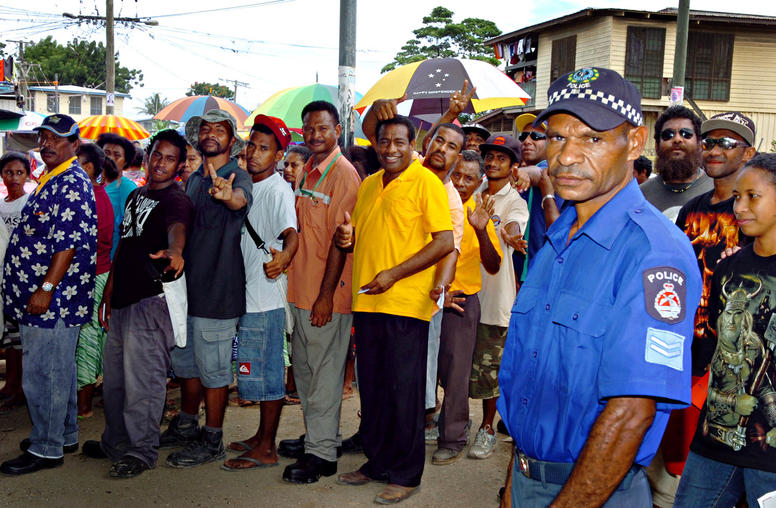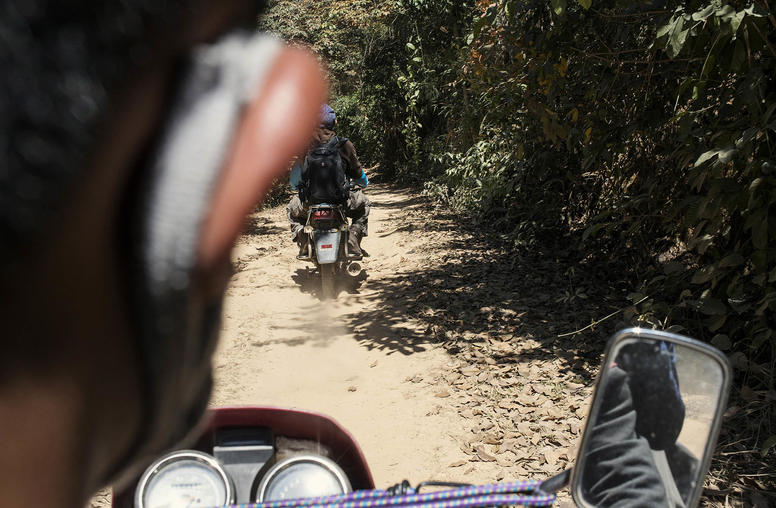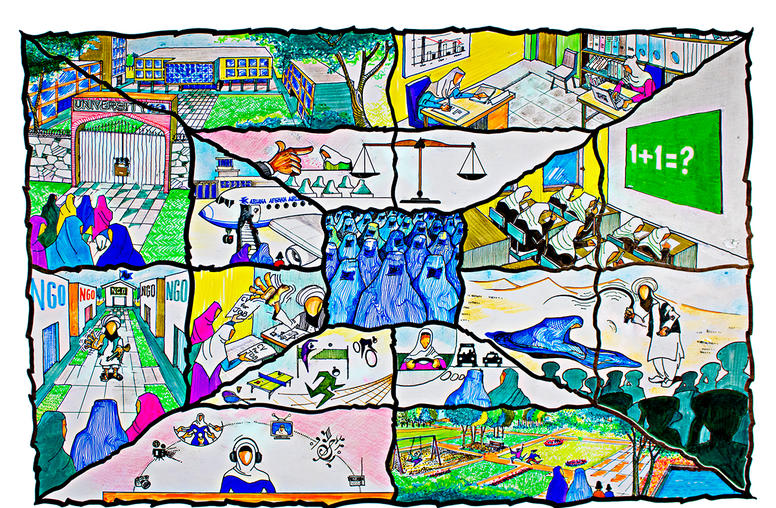The Future of Multilateral Peacebuilding
A Conversation with U.N. Undersecretary-General Rosemary DiCarlo
In an era of rapid technological change and fraying traditional alliances, the international order that has overseen one of the most peaceful periods in human history is facing unprecedented challenges. While member states grapple with the utility and relevance of the United Nations in the 21st century, global fragility, conflict, and violence continue to escalate—exacting an enormous human toll. The imperative for collective global action to resolve the world’s most intractable conflicts has never been greater.
In light of these trends, it’s critical that the community of actors committed to global peace and security take stock of the successes, challenges, and innovations in multilateral conflict prevention, mediation, and peacebuilding.
On January 29, USIP, The Stimson Center, Alliance for Peacebuilding, and the United Nations Association of the National Capital Area convened for a timely discussion on the future of the multilateral system and the potential for practical, innovative reform with U.N. Undersecretary-General for Political and Peacebuilding Affairs Rosemary DiCarlo, the highest-ranking American currently serving at the United Nations and the first woman to hold the position. As a precursor to the U.N.’s 75th anniversary in 2020, this event considered how the U.N. has modernized its conflict prevention and management resources to address the changing nature of conflict; how reforms of the U.N.’s political and peacebuilding architecture have improved its effectiveness, as well as what steps are still needed; and what practical actions U.S. and international policymakers can take to support more durable multilateral peacebuilding efforts.
Continue the conversation with #DiCarloUSIP.
Speakers
9:30am – 10:00am: Refreshments
10:00am – 10:10am: Welcome Remarks and Introduction
- The Honorable Nancy Lindborg
President & CEO, U.S. Institute of Peace
10:10am – 10:30am: Keynote Address
- Ambassador Rosemary DiCarlo
Undersecretary-General for Political and Peacebuilding Affairs, United Nations
10:30am – 11:50am: Facilitated Panel Discussion with Undersecretary-General DiCarlo
- Ambassador Rosemary DiCarlo
Undersecretary-General for Political and Peacebuilding Affairs, United Nations - Ms. Victoria Holt
Vice President, Stimson Center - Ambassador Jonathan Moore
Acting Assistant Secretary, Bureau of International Organization Affairs, U.S. Department of State - Ambassador Lynn Pascoe
Board Member, United Nations Association of the National Capital Area; former UN Under-Secretary-General for Political Affairs - Ms. Uzra Zeya
President & CEO, Alliance for Peacebuilding - Ambassador George Moose, moderator
Vice Chairman of the Board, U.S. Institute of Peace; Advisory Council Member, United Nations Association of the National Capital Area
11:50am – 12:00pm: Closing Remarks
- Ambassador Rosemary DiCarlo
Undersecretary-General for Political and Peacebuilding Affairs, United Nations



